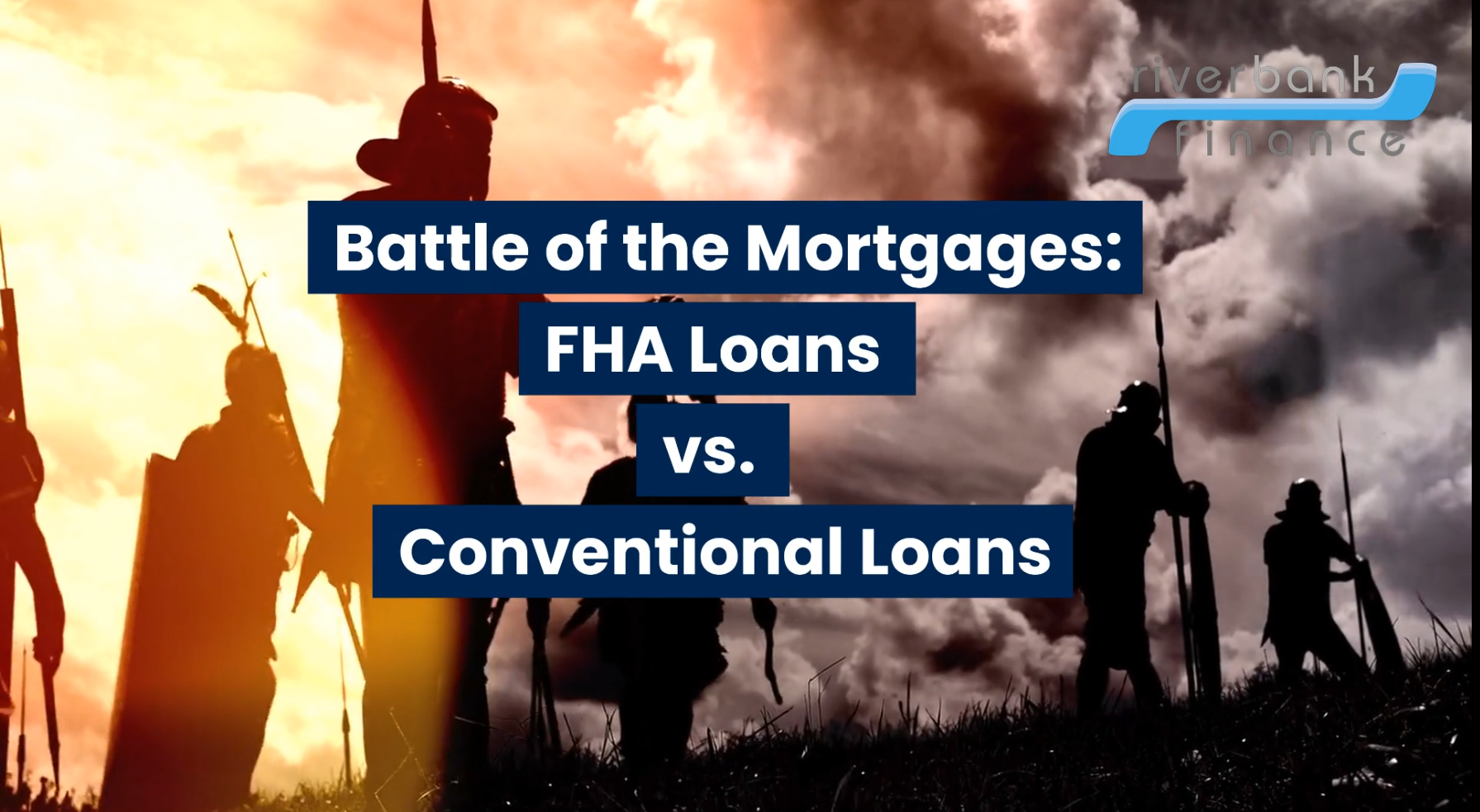
If you are a potential homebuyer you will soon face the Battle of the Loans between FHA and Conventional loans. There are key differences between the two loans that borrowers should take into account. Each has unique requirements and regulations that we will explore throughout the post, making it easier for borrowers to make a more informed decision when choosing the best loan for their personal financial situation.
Table of Contents:
- Key Differences Between FHA and Conventional Loans
- Eligibility Criteria for FHA and Conventional Loans
- Down Payment Requirements for FHA and Conventional Loans
- Mortgage Insurance Requirements for FHA and Conventional Loans
- Interest Rate Options for FHA and Conventional Loans
- Loan Limits for FHA and Conventional Loans
- Credit Score Requirements for FHA and Conventional Loans
- Pros and Cons of FHA and Conventional Loans
- Conclusion
Key Differences Between FHA and Conventional Loans
Let’s dive into the main differences between the two types of loans, which include criteria such as down payments, credit scores, property type, and mortgage insurance requirements.
These differences include things like:
- The minimum credit score required for each loan.
- The down payment requirements for each loan.
- The types of properties that can be financed.
- The mortgage insurance requirements.
- Interest rates on each loan.
Eligibility Criteria for FHA and Conventional Loans
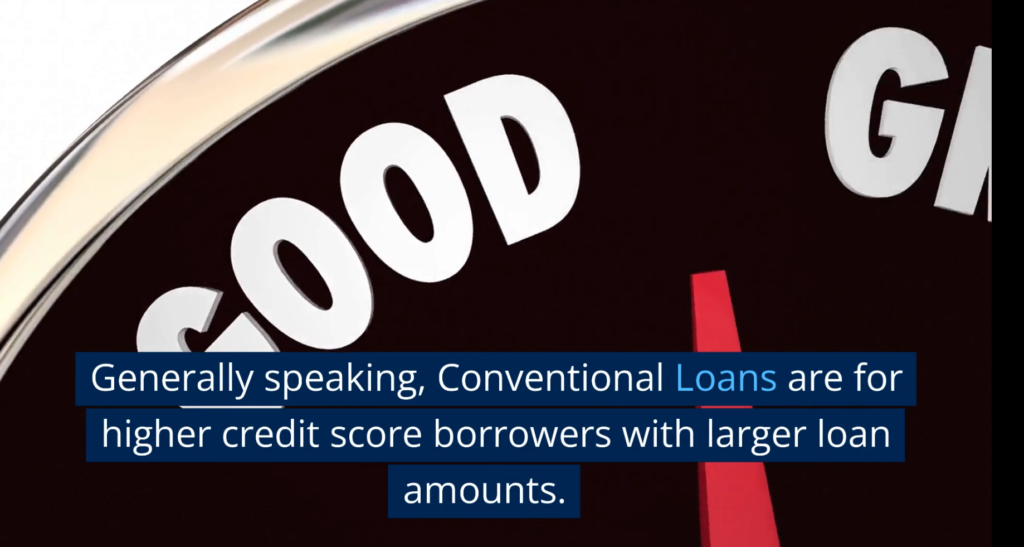
Generally speaking, Conventional Loans are for higher credit score borrowers with larger loan amounts. FHA Loans have a lower maximum loan amount and are more flexible for those with less than perfect credit.
Eligibility criteria for FHA and Conventional loans will vary depending on the lender, location, employment status, credit history, and other factors. Let’s explore these criteria so that you can determine which loan type would be a better fit for you.
Down Payment Requirements for FHA and Conventional Loans

FHA and Conventional loans have different down payment requirements. We will take a closer look at this requirement for each type of loan.
Borrowers may need to put down as little as 3 percent or as more as 20 percent down payment of the home’s purchase price. This point could outline the percentage of the down payment for each loan option and discuss the benefits and drawbacks of each.
FHA Loan Down Payment Requirement
FHA loans require a 3.5% down payment to buy a home. The down payment funds cannot be paid by the seller but can be from a gift with an acceptable source. Most FHA buyers only put down the minimum down payment since Mortgage Insurance does not vary.
Conventional Loan Down Payment Requirement
Conventional loan require as low as 3% down for first time home buyers. Repeat buyers can put as little as 5% down. Many conventional buyers choose to put down 20 percent to avoid PMI (private mortgage insurance).
Mortgage Insurance Requirements for FHA and Conventional Loans
Mortgage insurance is one of the costs to account for when seeking a loan. While both loan options require different mortgage insurance requirements, some details can be difficult to grasp. We will break down these requirements for both loans.
FHA Mortgage Insurance Premium (MIP)

The FHA has two forms of mortgage insurance. Up front mortgage insurance premiums (UFMIP) and annual mortgage insurance (though it is divided up and paid monthly). Currently the UFMIP is 1.75% of the loan amount. The annual mortgage insurance is .55%.
One big factor to consider is that it never goes away on FHA Loans. Even when you reach 20% equity, your MIP will remain for the life of the loan.
Conventional Mortgage Insurance (PMI)
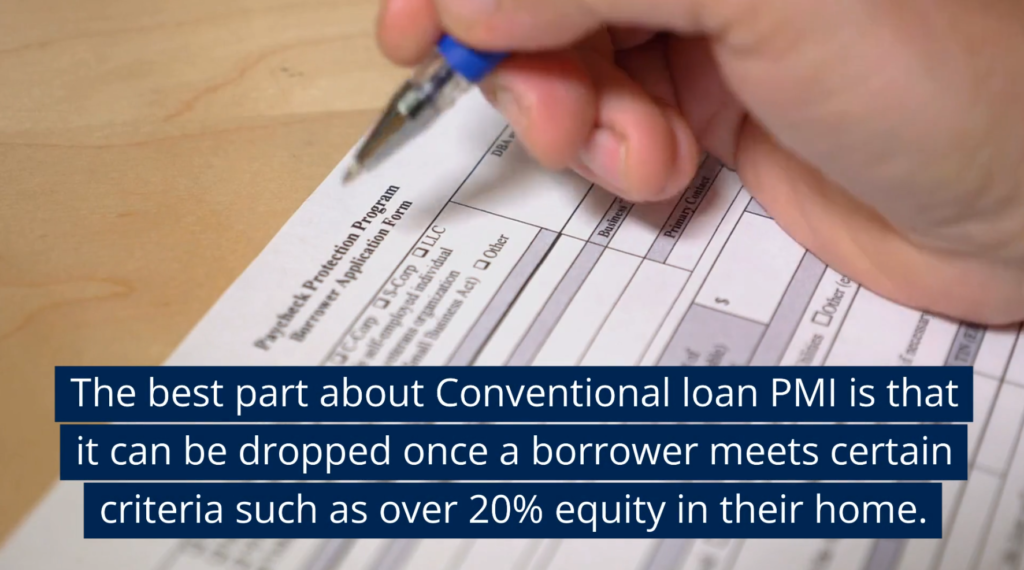
Conventional loans will have some type of mortgage insurance if a client does not put a full 20% down on the purchase of their home. There are different types such as Lender Paid PMI or Borrower Paid PMI. For Lender paid, the extra insurance cost is built into the mortgage rate and the lender prepays the full policy. the more common type is Borrower Paid PMI where the borrower will pay a monthly fee for PMI.
Conventional Loan PMI will vary for each borrower based on many factors such as Loan Term, Credit Score, Loan to Value, Property Type etc. In some cases it may be more costly than FHA mortgage insurance.
The best part is that you can drop PMI on Conventional loans once a borrower meets certain criteria such as over 20% equity in their home.
Interest Rate Options for FHA and Conventional Loans
It’s important to compare the interest rate options available in FHA and Conventional loans. FHA Loan rates are typically lower than Conventional loans especially for imperfect credit. FHA is typically more forgiving of lower credit scores.
When comparing rates it is important to look at the total payment including PMI. Even if the mortgage rate is less for FHA, once you add the PMI it may offset any benefit.
Loan Limits for FHA and Conventional Loans

Loan limits for FHA and Conventional loans are set differently. Each year the FHFA announces the conventional loan limits. Conventional loans are able to access higher limits than FHA.
For 2023 the base conventional loan limit is set at $726,200 while FHA loan limits are set at $472,030.
Credit Score Requirements for FHA and Conventional Loans
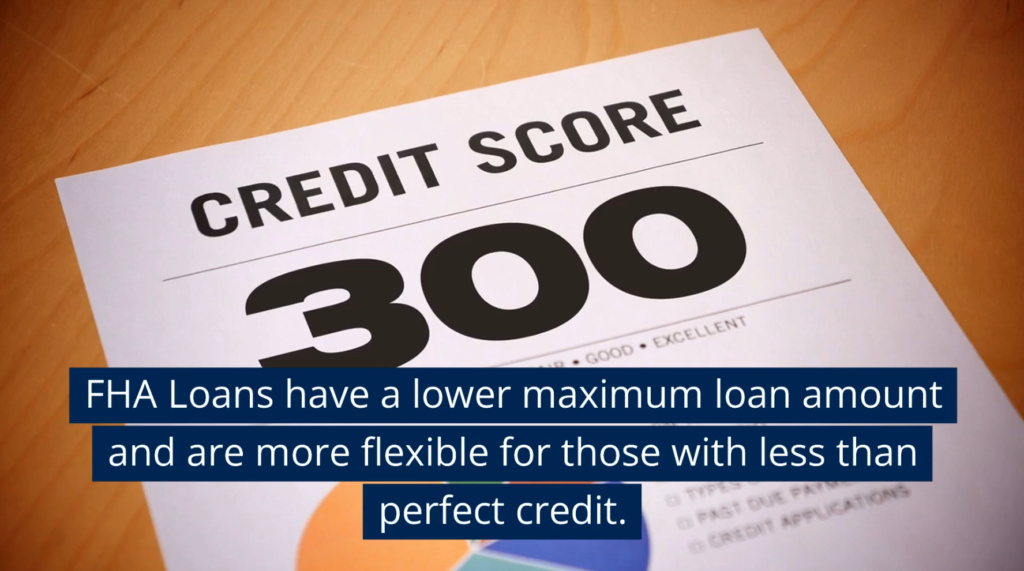
The Federal Housing Administration insures FHA loans, allowing lenders to offer borrowers more lenient qualification standards. Generally, FHA loans cater to first-time homebuyers or those with less-than-perfect credit. Credit score requirements for an FHA loan vary depending primarily on the lender.
Some allow as low as a 500 credit score. Keep in mind that between a 500-579 credit score there will be a minimum down payment of 10%.
Conventional loans are not insured by the government like FHA loans, and may be either conforming or non-conforming. Conforming loans adhere to the requirements set forth by Fannie Mae and Freddie Mac, while non-conforming loans do not. As a result, credit score requirements for conventional loans tend to be more stringent than FHA loans.
Borrowers with excellent credit scores in this range are in the most advantageous position when it comes to conventional loans. They can expect the lowest interest rates and down payment requirements, frequently ranging from 3-5%.
Pros and Cons of FHA and Conventional Loans

Both FHA and conventional loans offer viable options for prospective homebuyers, but each comes with its own set of advantages and drawbacks. FHA loans are government-backed mortgages insured by the Federal Housing Administration, designed to make home purchasing accessible for individuals with lower credit scores and minimal down payments.
With more flexible qualification criteria, competitive interest rates, and down payments as low as 3.5%, FHA loans are a great option for first-time buyers or those with limited savings for a down payment. The biggest downside is that FHA require borrowers to pay mortgage insurance premiums, which increase the total cost of the loan.
On the other hand, conventional loans typically require higher credit scores and a larger down payment compared to FHA loans. Conventional loans often have lower overall costs for borrowers with good credit and may not necessitate mortgage insurance if the down payment is above 20%. Without PMI, Conventional loans can offer substantial long-term savings for well-qualified borrowers.
Conclusion
When comparing FHA and conventional loans, it’s important to consider several factors to make the best choice for your financial situation. Some key differences involve eligibility criteria, down payment requirements, mortgage insurance obligations, interest rate options, loan limits, and credit score requirements.
FHA loans are government-backed, designed to help individuals with low credit scores and limited down payments, while conventional loans are not government insured and best fit borrowers with percept credit and larger down payments.
FHA loans mandate borrowers pay upfront and annual mortgage insurance premiums, whereas conventional loans may not require mortgage insurance if the down payment is large enough. Understanding these distinctions and selecting the loan type that’s best suited for their unique needs can save you a significant amount of money over the life of the loan.
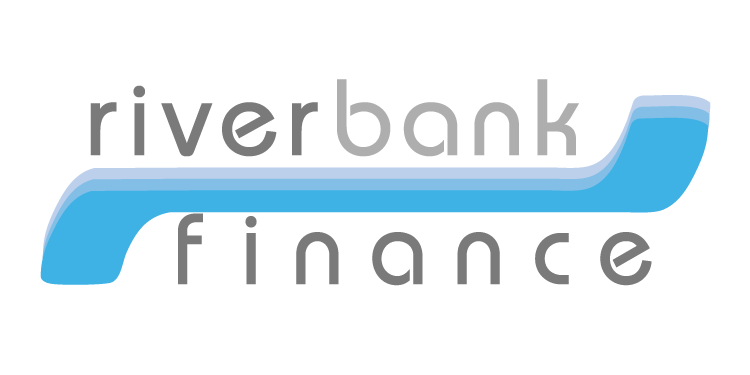
 800-555-2098
800-555-2098

